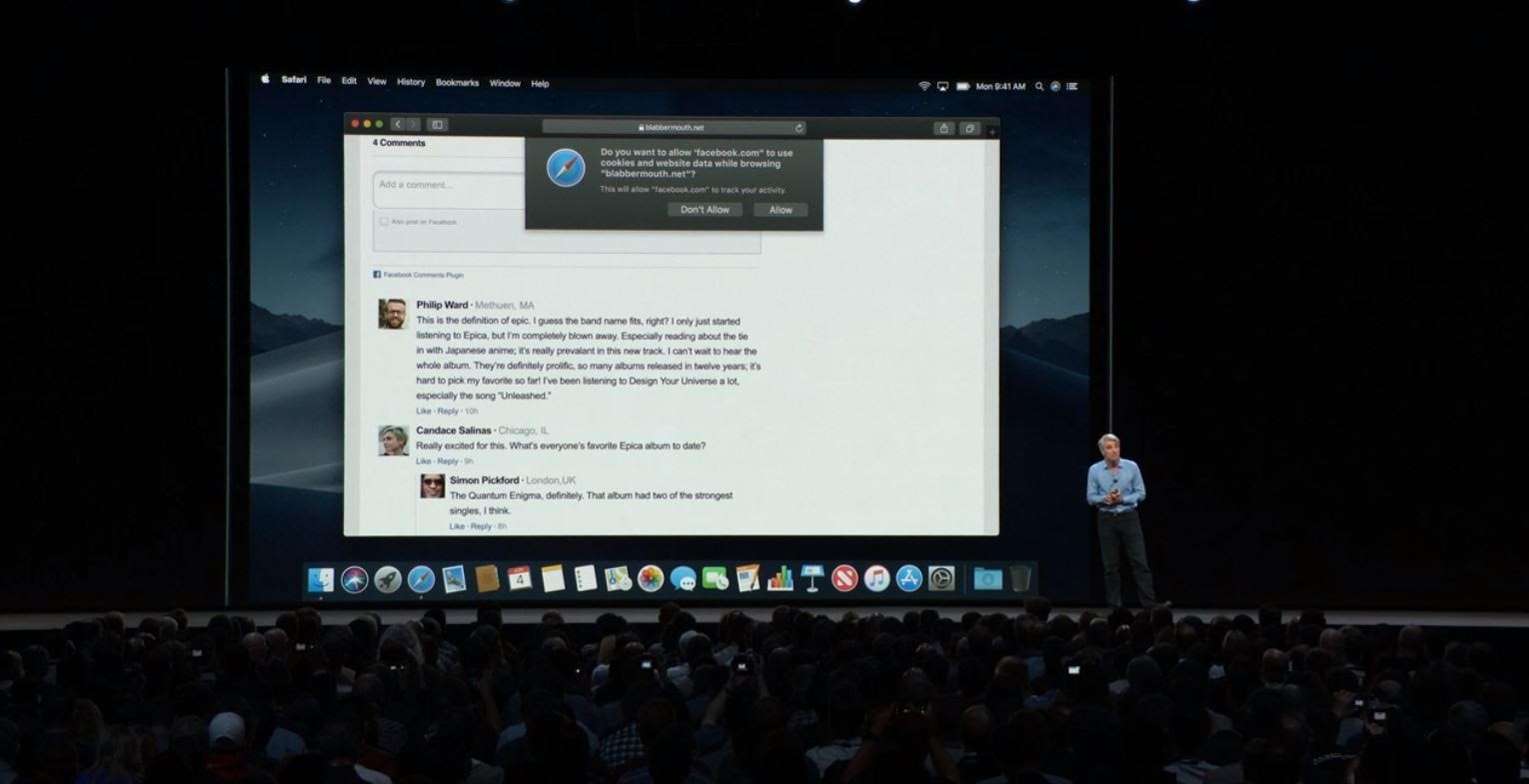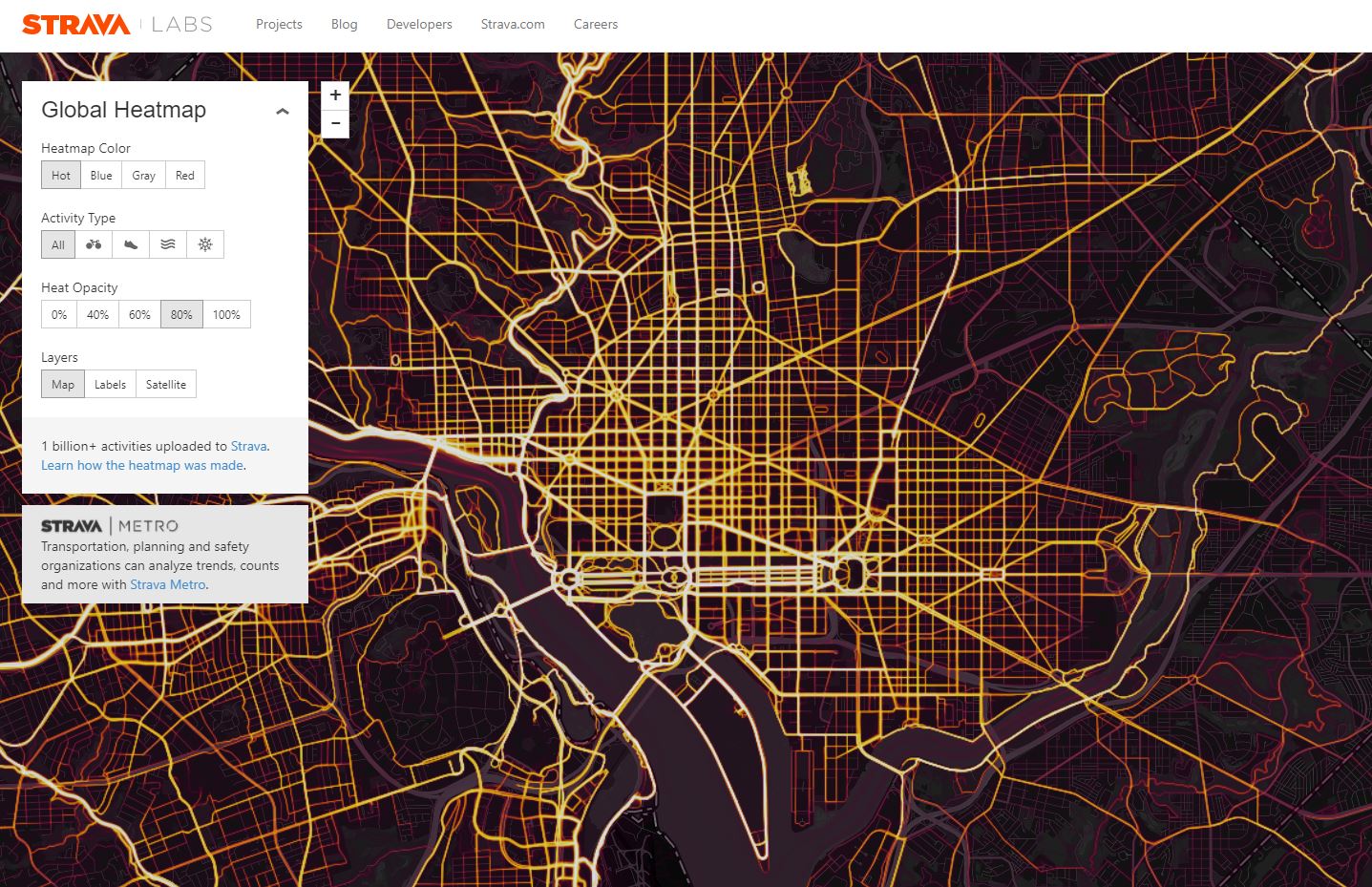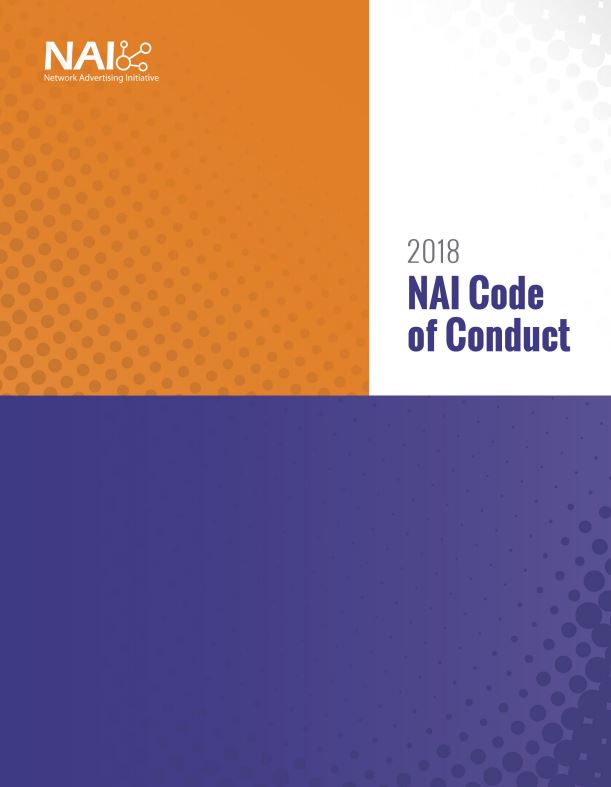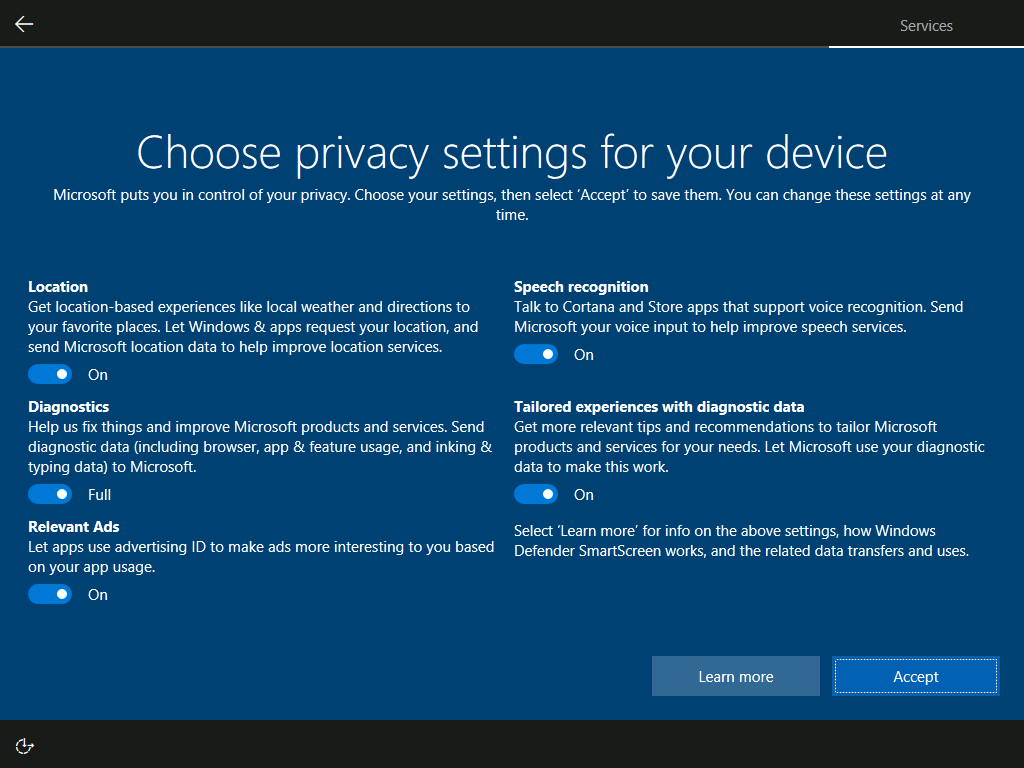Addressing the privacy issues related to advertising technology and online tracking has been a key focus since FPF’s founding. Increasingly, the mobile advertising space, geo-location tracking, and indoor positioning technologies are at the forefront of online data management, retail, and new consumer offerings. Thus, it is not surprising that regulators, industry leaders, and advocates are taking a hard look at questions about how to appropriately collect and handle consumer data for advertising, location-based targeting, and audience measurement. Additionally, as public awareness of targeted and personalized advertising grows, organizations are pushed to deliver more helpful, relevant ads by less intrusive means. FPF curates a gallery of leading practices, provides up-to-date analysis of emerging and evolving technologies, convenes stakeholders in a monthly working group call, and works with policymakers, advocates, and other stakeholders to support leading privacy practices for the use of location data.
Featured
Mobile Platforms Address Data Privacy with 2018 Updates (iOS 12, Mojave, & Android P)
In light of recent debates over Facebook’s role in protecting users’ privacy against third-party app developers, many are recognizing the importance of mobile platforms in safeguarding user data. Apple emphasized privacy in its Worldwide Developers Conference (June 4-8, 2018), highlighting several privacy-related updates to the upcoming macOS and iOS 12. Google also made privacy a focus of their newest mobile operating system, Android P, with several key software updates that will restrict app developers’ access to data.
Custom Audiences and Transparency in Online Advertising
This morning, Facebook announced that they will begin rolling out new requirements for its “Custom Audiences” targeting tool for advertisers. These updates are a useful step towards creating better user understanding of data flows both on Facebook and in the broader web, and enhancing the accountability of advertisers who use custom marketing lists.
Empirical Research in the Internet of Things, Mobile Privacy, and Digital Advertising
In the world of consumer privacy, including the Internet of Things (IoT), mobile data, and advertising technologies (“Ad Tech”), it can often be difficult to measure real-world impact and conceptualize individual harms and benefits. Fortunately, academic researchers are increasingly focusing on these issues, leading to impressive scholarship from institutions such as the Princeton Center for Information Technology Policy (CITP), Carnegie Mellon University School of Computer Science, UC Berkeley School of Information, and many others, including non-profits and think tanks.
Understanding Session Replay Scripts – a Guide for Privacy Professionals
Researchers at Princeton University’s Center for Information Technology Policy (CITP) have demonstrated that many websites are using third-party tools to track visitors’ individual browsing sessions. “Session replay scripts” can raise serious privacy concerns if implemented incorrectly — but with the right safeguards, can be part of a range of ordinary, useful web analytics tools. FPF has published a 3-page guide for Privacy Professionals to assist in deciding whether and how to implement session replay scripts.
If You Can't Take the Heat Map: Benefits & Risks of Releasing Location Datasets
Strava’s location data controversy demonstrates the unique challenges of publicly releasing location datasets (open data), even when the data is aggregated.
NAI Combines Web, Mobile, and Cross-Device Tracking Rules for 2018
The Network Advertising Initiative (NAI) released its 2018 Code of Conduct yesterday, consolidating the rules for online and mobile behavioral advertising (interest-based advertising). NAI, a non-profit organization in Washington, DC, is the leading self-regulatory association for digital advertising, with over 100 members and a formalized internal review mechanism.
"Your Phone May Be Tracking Your Every Move; Here's How to Stop It"
During the International Association of Privacy Professional’s Global Privacy Summit 2017, FPF’s CEO, Jules Polonetsky, took a moment to speak with NBC 4 Los Angeles about the privacy implications of granting apps permission to track your location.
On April 11, Windows Users Get Improved Privacy Protections from Microsoft
FPF is pleased to see the major privacy advances in Microsoft’s upcoming update to Windows 10. The Creator’s Update version of Windows 10 will provide a new privacy dashboard, allows users to limit telemetry information sent back to Microsoft, provides a detailed look at the telemetry information collected, and makes it easy for users to understand what data is collected when they choose basic or advanced installations.
Regulating the Online Advertising Market: Yesterday, Today, and Tomorrow
Today, the Senate Committee on Commerce, Science, and Transportation held a hearing to examine the broad policy issues facing the Federal Communications Commission (FCC). Commissioners Pai, Clyburn, and O’Rielly outlined their priorities for the FCC, and answered questions about their proposed plans—including for the future of net neutrality and privacy of data collected online.
Georgetown – FPF: Valuable Partnership and Talent Channel
Each of the last three years, FPF has taken a top Georgetown student and immersed them in the world of privacy. FPF fellows collaborate with advocates, academics, and companies and handle projects that lead to best practices, white papers, codes of conduct, and the like.













